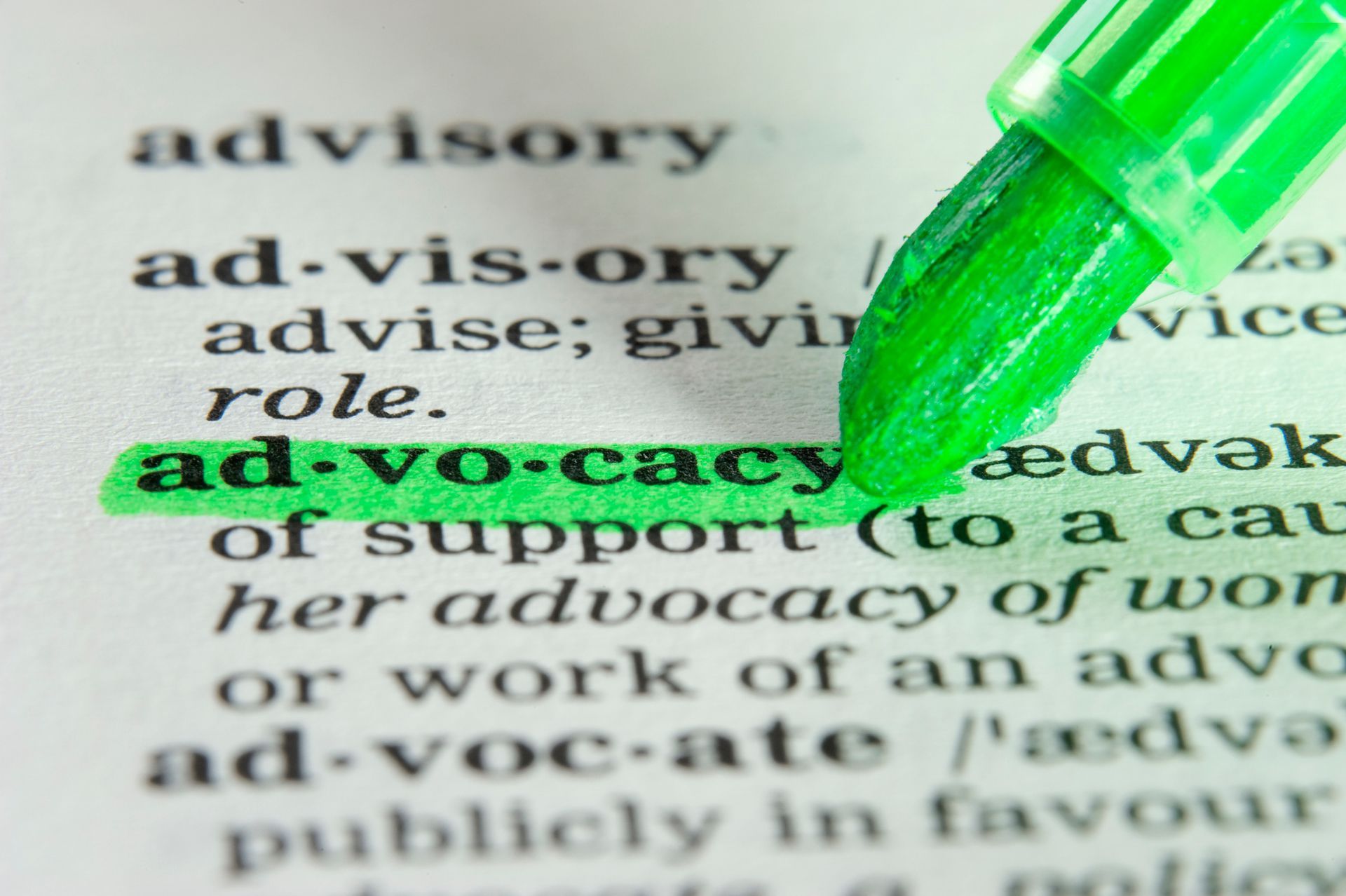Driving Under the Influence: What You Need to Know

As a driver in New South Wales, you may be aware of the serious consequences of driving under the influence (DUI) of alcohol or drugs. However, it's important to understand that there are distinct legal offences related to drug use and driving.
Two primary offences arise in the context of illicit substances: driving under the influence of an illicit substance and driving with an illicit substance in your system. While both offences relate to drug use and driving, they are separate offences and the penalties differ significantly.
In this blog, we’ll break down the difference between the two and explain what you need to know to stay on the right side of the law.
1. Driving Under the Influence of an Illicit Substance (DUI)
The offence of driving under the influence of an illicit substance occurs when a driver is impaired to the point that their ability to drive safely is compromised. This is similar to DUI alcohol offences, where a driver’s faculties are affected to the extent that they cannot operate their vehicle safely or properly.
Under the Road Transport Act 2013 (NSW), the definition of driving under the influence of drugs is when a driver’s ability to control a vehicle is impaired due to the presence of drugs. This means that if you are stopped by the police and your driving is erratic or you show signs of impairment due to the drugs you’ve consumed (such as difficulty concentrating, slurred speech or unsteady movements), you may be charged with DUI.
What the Police Need to Prove:
- You were impaired by an illicit substance or other type of drug while driving; and
- Your ability to drive safely was affected by the substance.
If convicted, you may face penalties that include fines, disqualification of your driver’s licence, and possible imprisonment depending on the severity of the impairment and the circumstances surrounding the offence.
The penalties for a drug driving charge are the equation of a High Range drink driving charge which gives you an idea of the seriousness of this type of offence.
2. Driving with an Illicit Substance in Your System
The offence of driving with an illicit substance in your system is a separate offence and is strictly based on the presence of drugs in your body, regardless of whether or not they impair your driving. This offence makes it illegal to drive with certain drugs, such as cannabis, methamphetamine or cocaine, in your system.
Unlike DUI offences, this offence does not require evidence of impaired driving or poor driving performance.
The police simply need to prove that you have a detectable level of an illicit substance in your system. The police can use roadside drug testing methods to detect the presence of illicit drugs through saliva, and if you test positive, you may be required to undergo further testing at a police station. There are also some instances where the Police simply use a secondary roadside salvia test as the sample that is sent off to the lab for testing.
What the Police Need to Prove:
- You were driving with an illicit substance in your system; and
- The presence of the drug can be detected, even if it didn’t impair your driving ability.
Penalties for Driving with an Illicit Substance in Your System:
- You can face a fine and your driver licence can be suspended or disqualified.
- A second or subsequent offence can result in a more severe penalty, including a longer disqualification period and larger fines.
- The offence of ‘drive illicit’ no longer carries imprisonment as an available penalty.
Key Differences Between the Two Offences
- Proof of Impairment:
- For DUI (driving under the influence), the police need to prove that your driving was impaired because of the drugs.
- For driving with an illicit substance in your system, the police only need to show that drugs were present in your system, regardless of whether your driving was impaired and regardless of how or when the drugs entered your system.
Conclusion
While both offences deal with drug use and driving, understanding the difference between "driving under the influence" and "driving with an illicit substance in your system" is crucial for any driver in NSW.
The key difference lies in whether or not your ability to drive was impaired.
If you're facing charges related to either offence, it’s important to seek legal advice immediately to understand your rights and to get advice on the best course of action.
If you have any questions or you need legal assistance, do not hesitate to reach out. Our team is here to help you navigate the complexities of driving offences in NSW.












